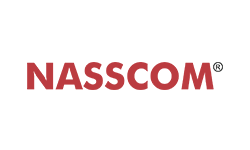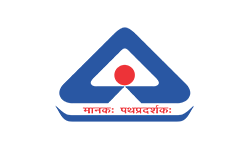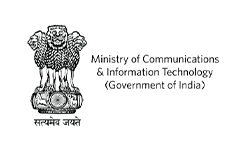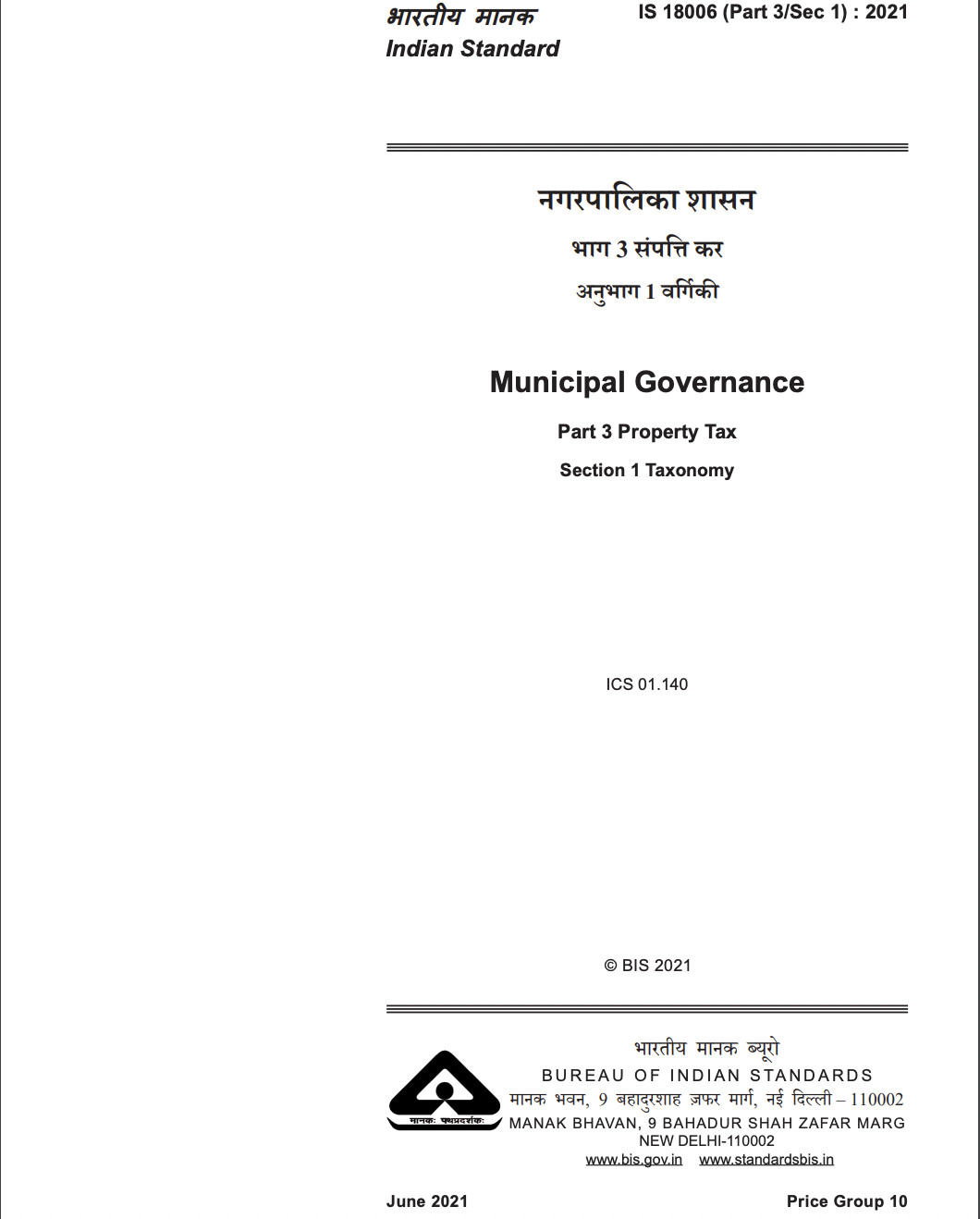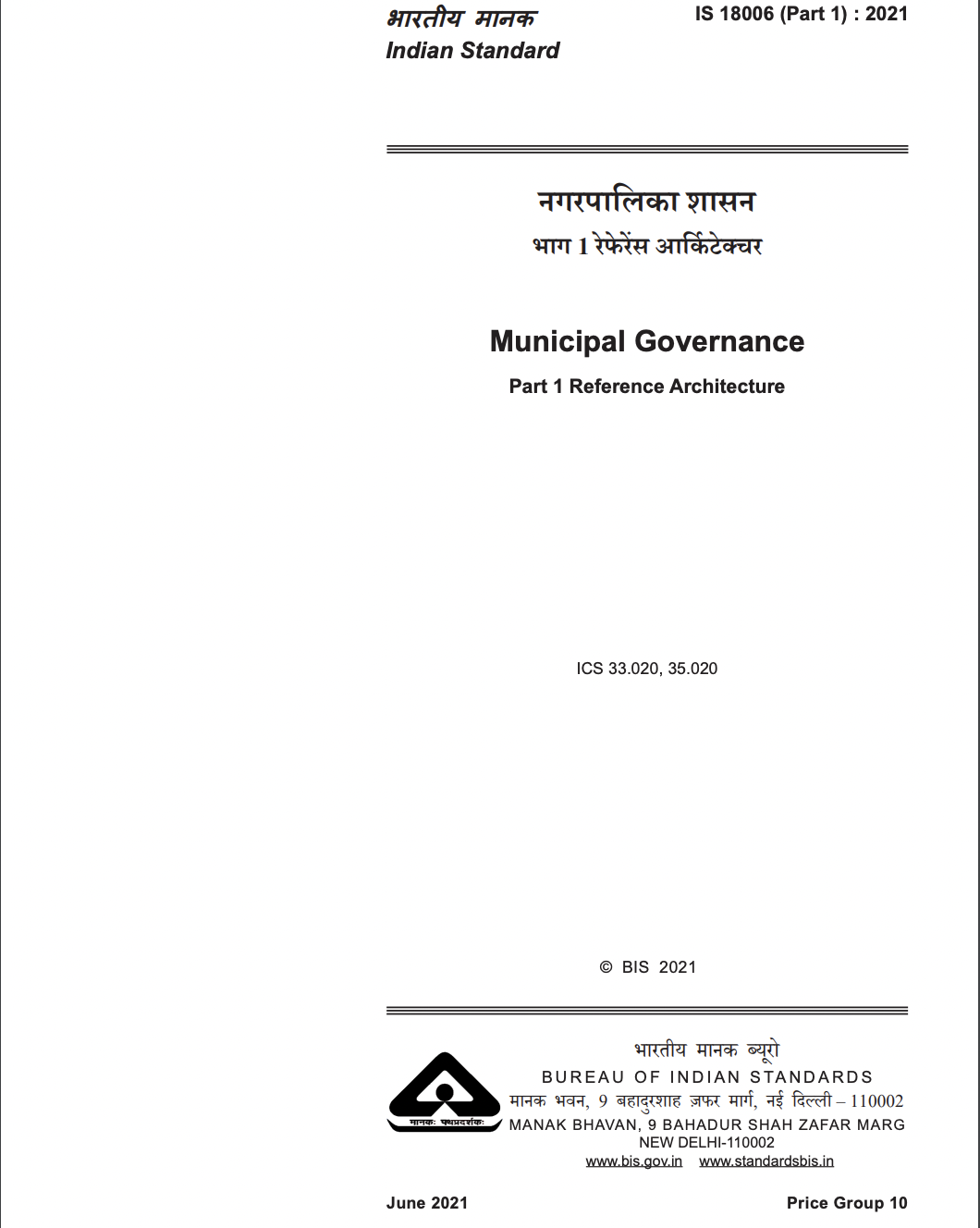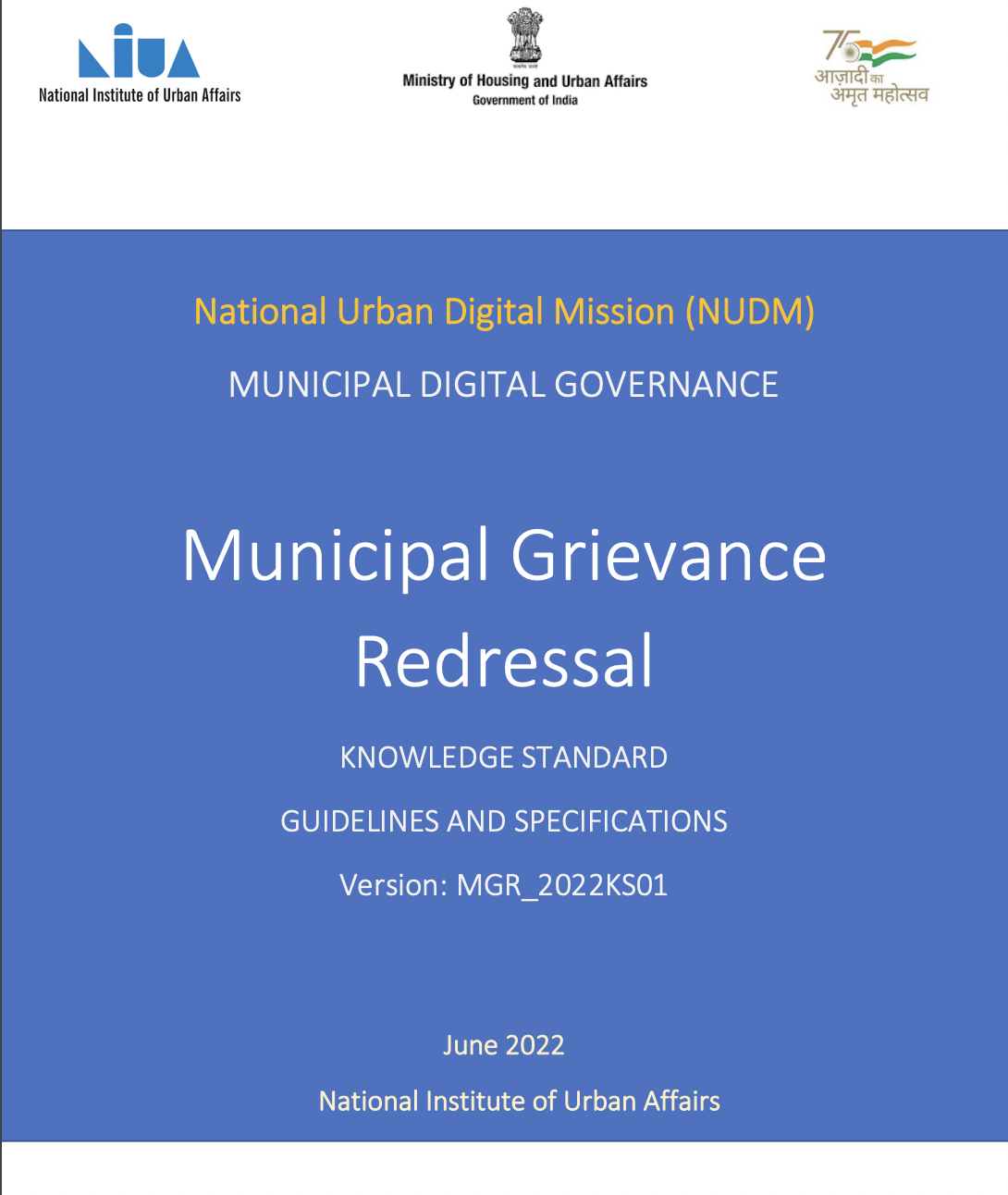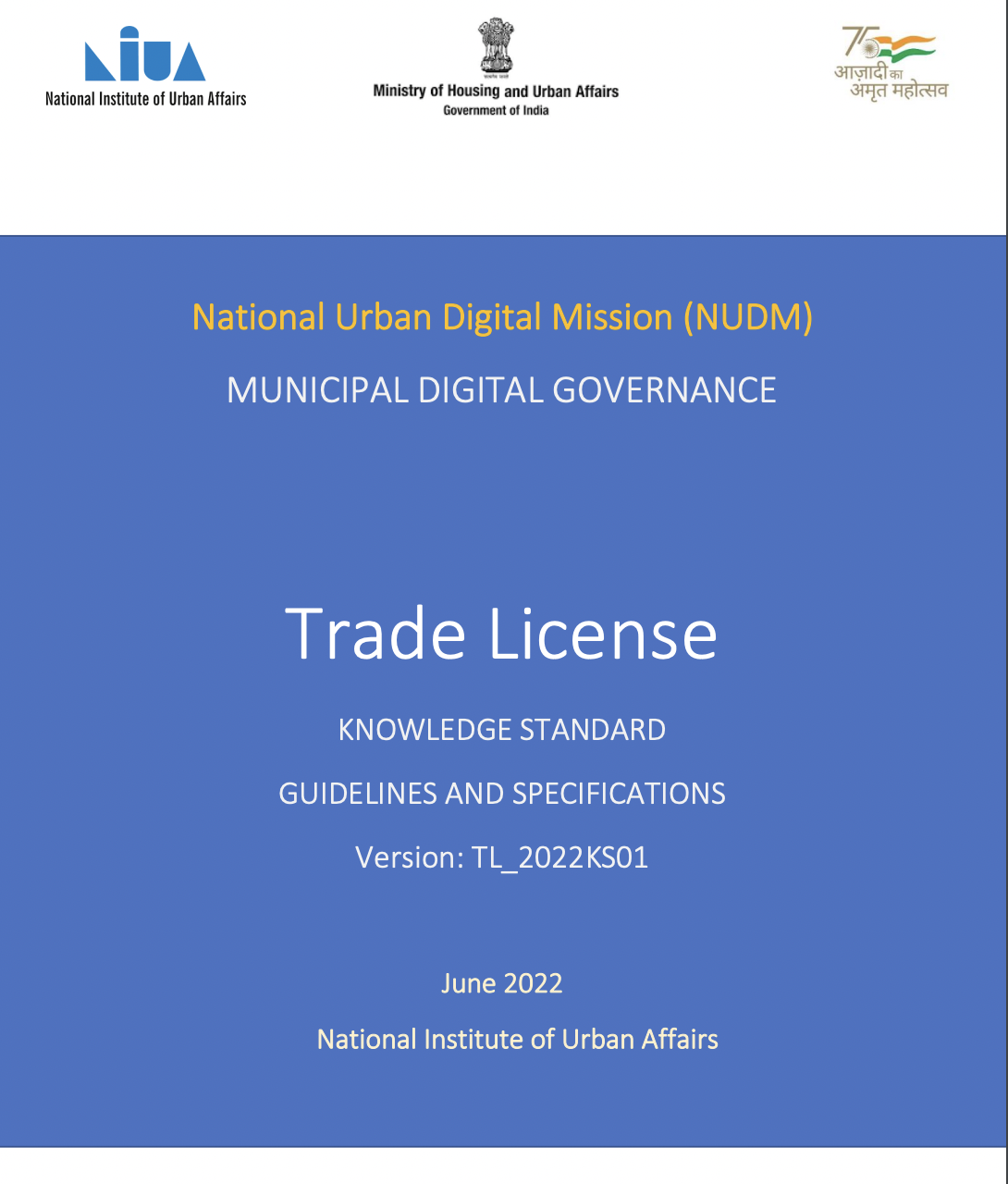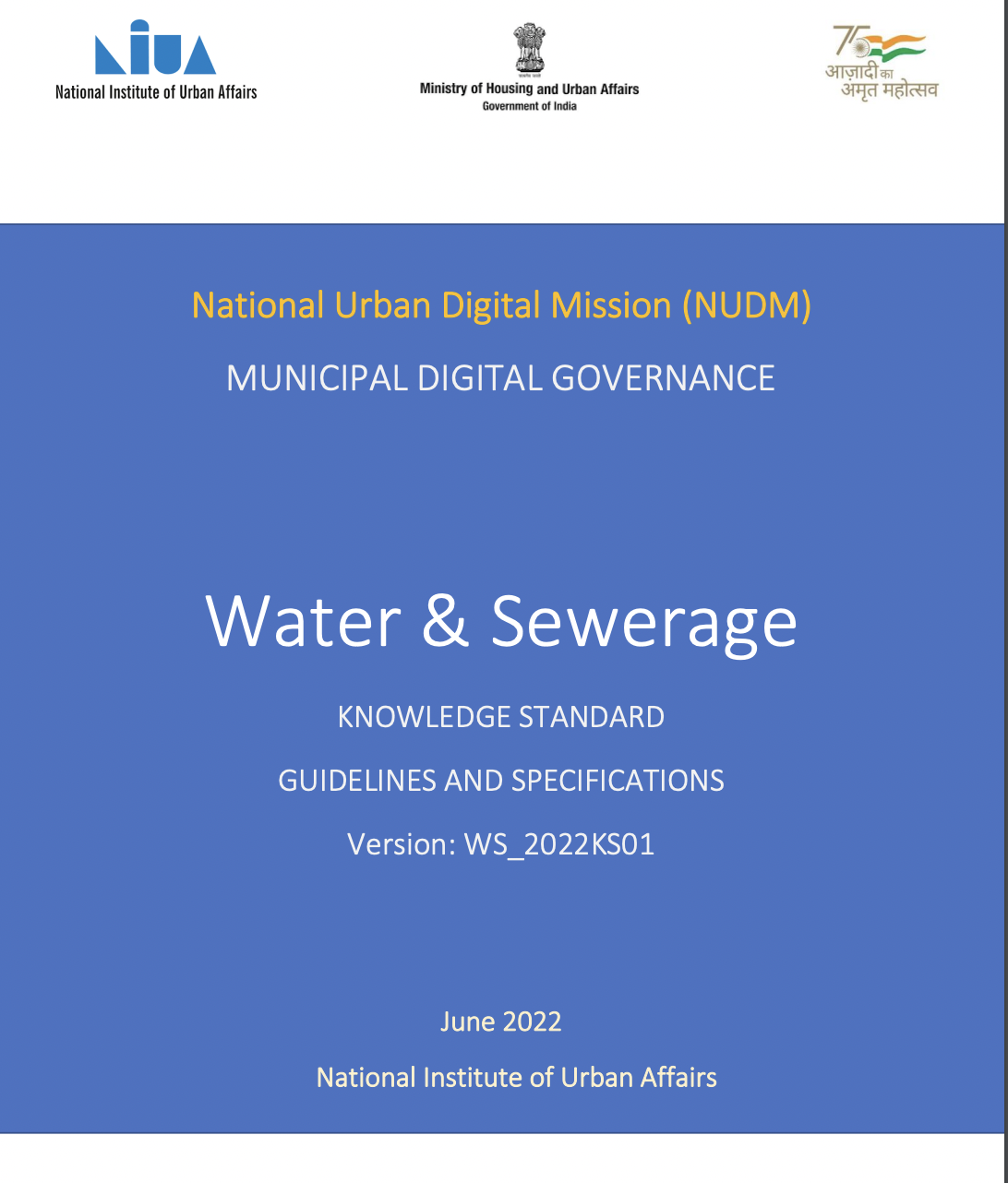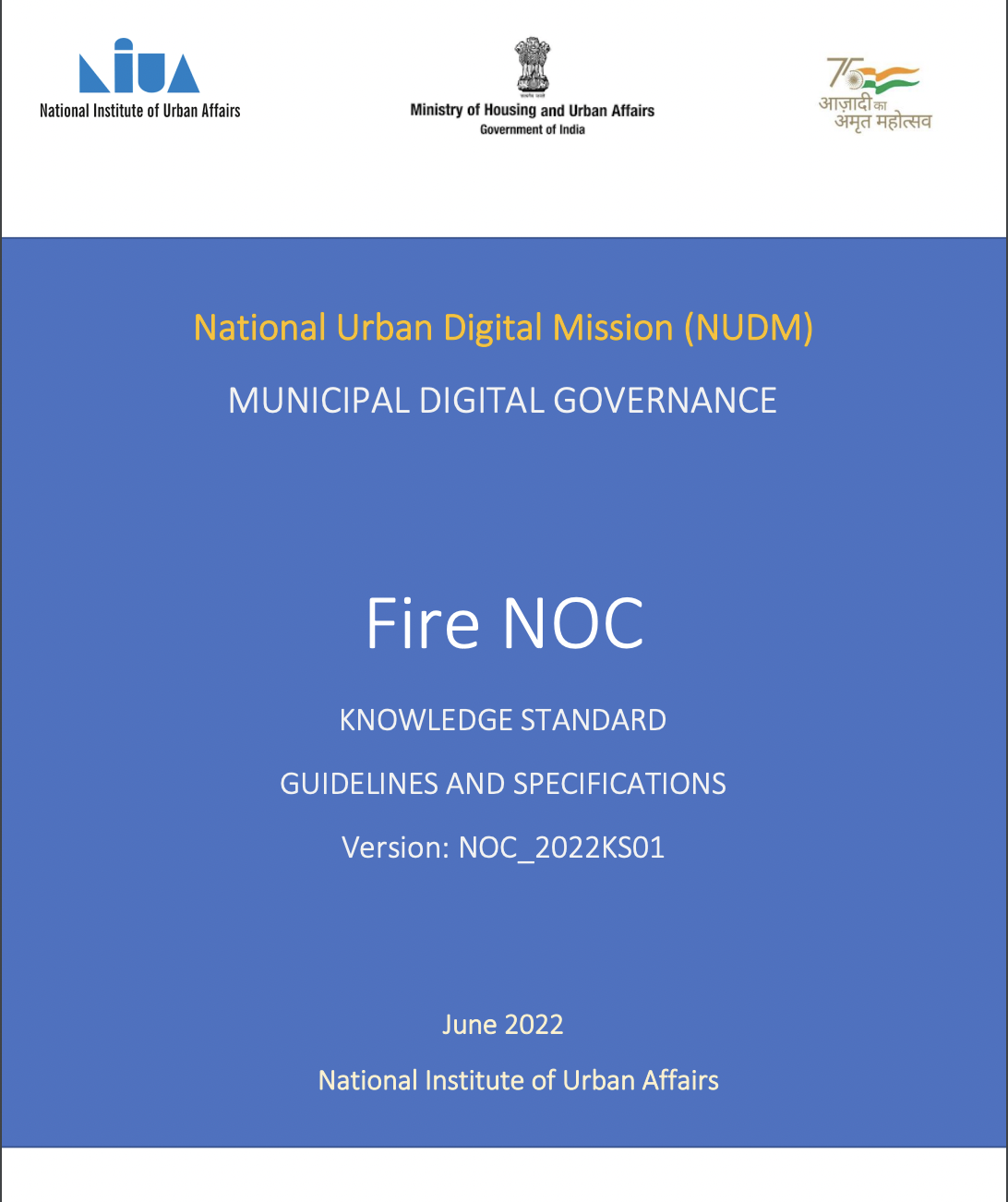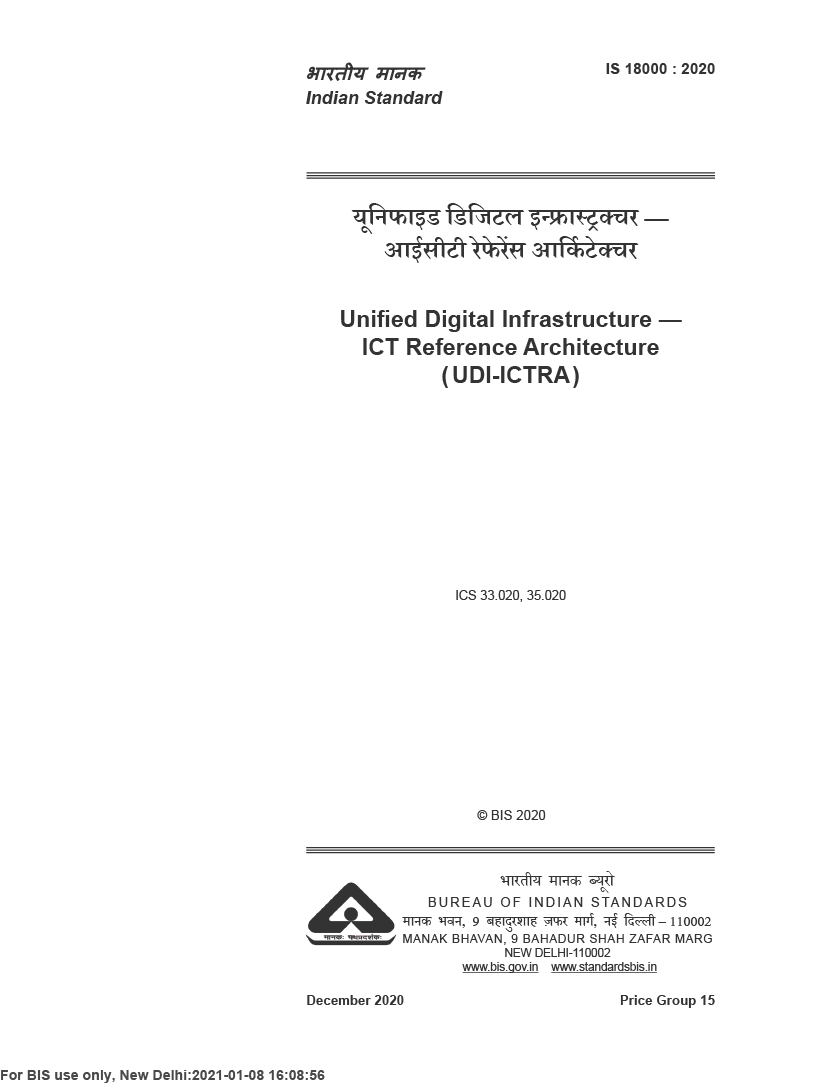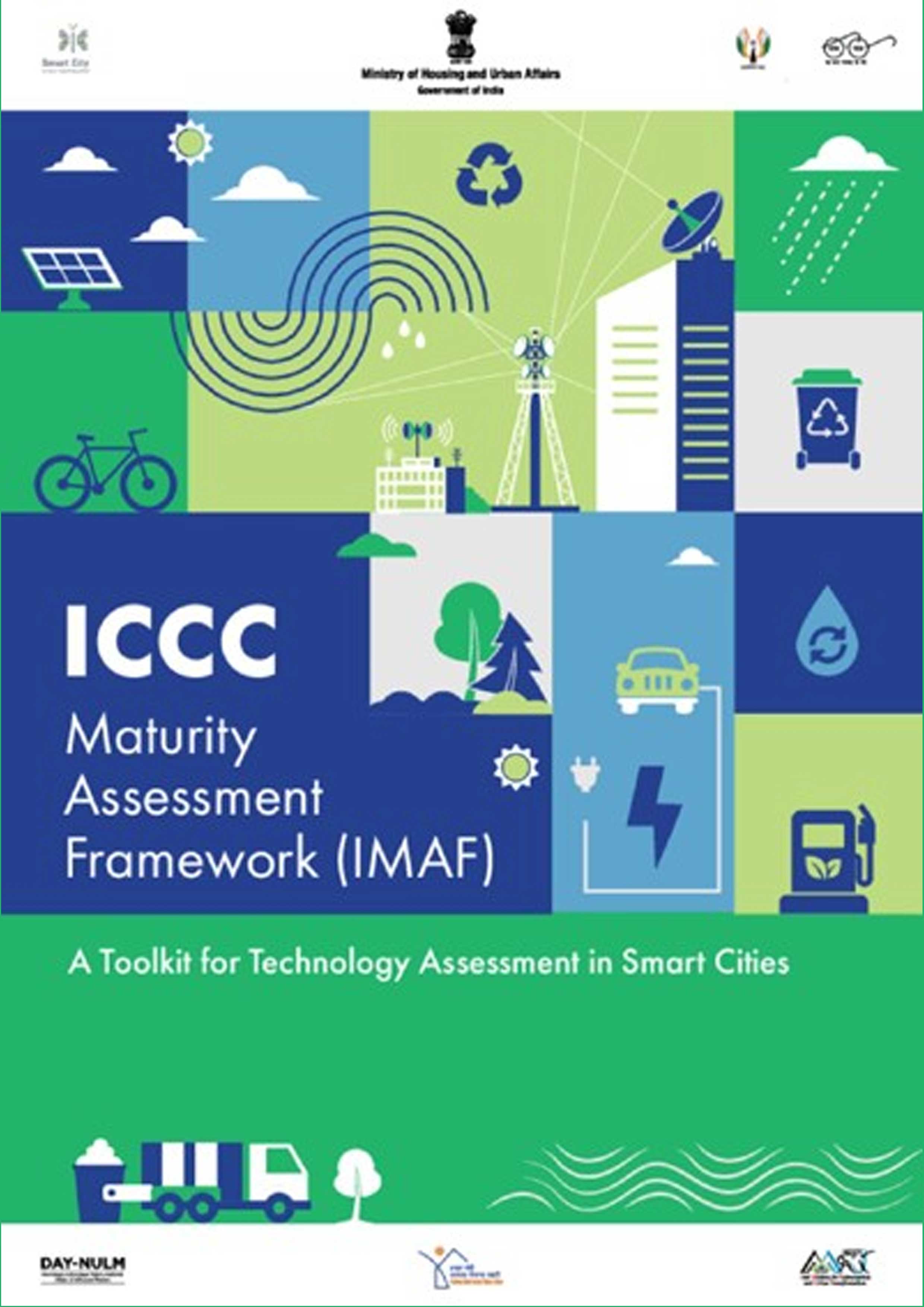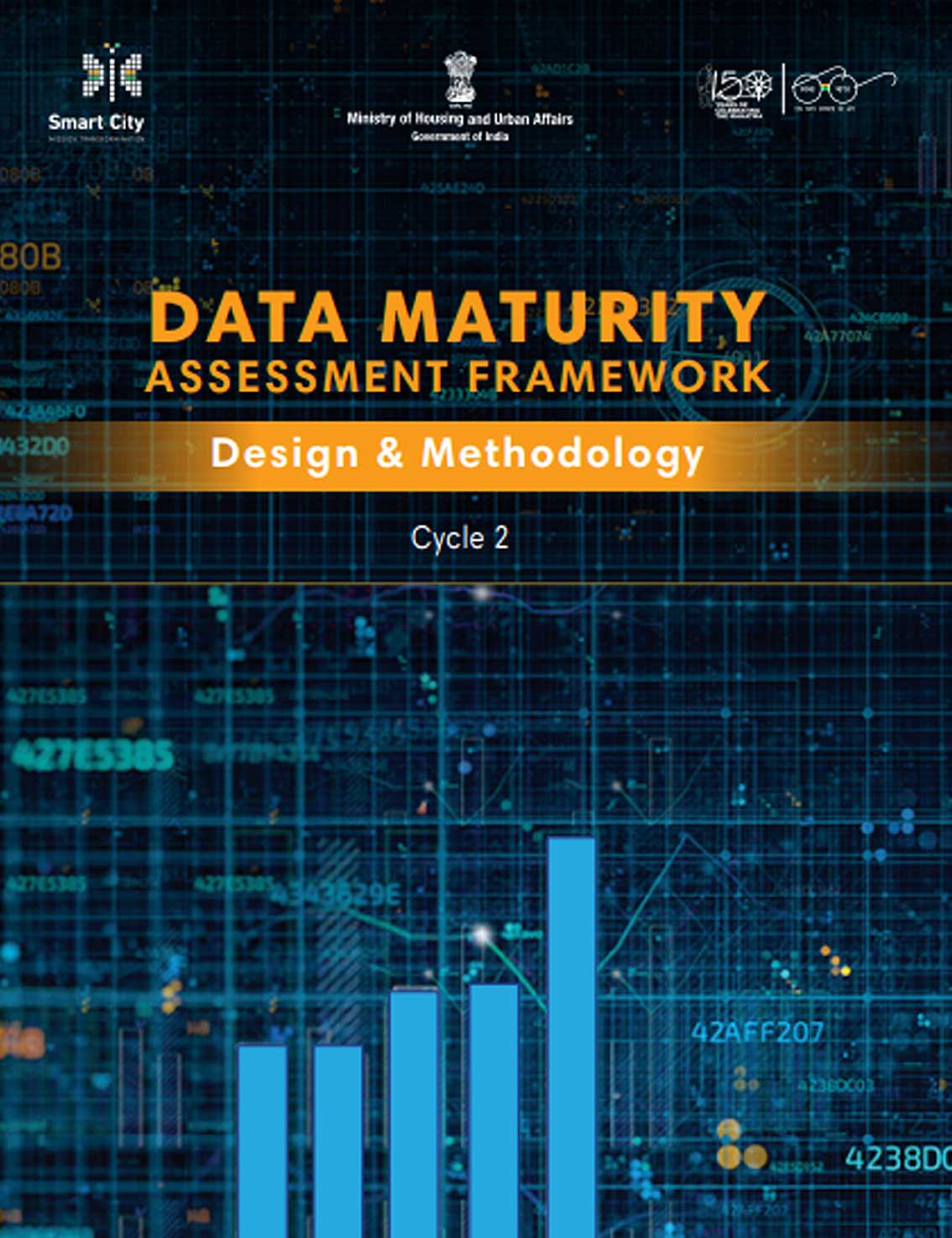Governments across the world aim to make all government services accessible to the citizens in their locality and ensure efficiency, transparency & reliability of such services at affordable costs. In order to meet this vision, there is a need to cooperate, collaborate and integrate information across different departments and organizations. Government systems across the world are however characterized by islands of systems. Interoperability (interlinking of information, systems, applications and ways of working) remains a challenge not only within governmental departments, but also in their interaction with the administration, enterprises and public.
India specifically has a federal government structure. Additionally, there is uneven adoption of various municipal governance platforms and solutions by various states and ULBs at different levels of maturity. This necessitates integration of technologies and data to transform the public administrations and also to facilitate information flow and encourage data use among different governmental departments, agencies, citizens and businesses.

These standards will act as guidelines for state and city administration, industry, academia and civil society organizations to tackle issues ranging from interoperability, integration, data exchanges, etc.
Vission
To enable improved information consistency, analytic, secure data access & transfer, smarter business processes; while also enabling diverse stakeholders to collaborate and their corresponding platforms and processes to interoperate seamlessly
In order to facilitate this following Standards which are in various stages of development/ adoption are applicable for NUDM
1 Standards Type
Municipal Governance Reference Architecture Knowledge Standards API Specifications Security Assurance and Privacy Control Standards National Metadata Standards
2 Purpose
Blueprint for Platforms Standardized data interpretation Integration with National Dashboard enabling data privacy controls metadata management & data quality
3 Benefit
Smarter Business Processes Improved information consistency Better analytics Secure Data Access & Transfer Harmonization and Interoperability
The standards will be responsive to a need in the market, based on expert opinion, developed through an ecosystem-driven and consensus-based process.
Benefits to Ecosystem
As collections of minimal requirements and definitions, Standards can be used in the context of every innovative solution to
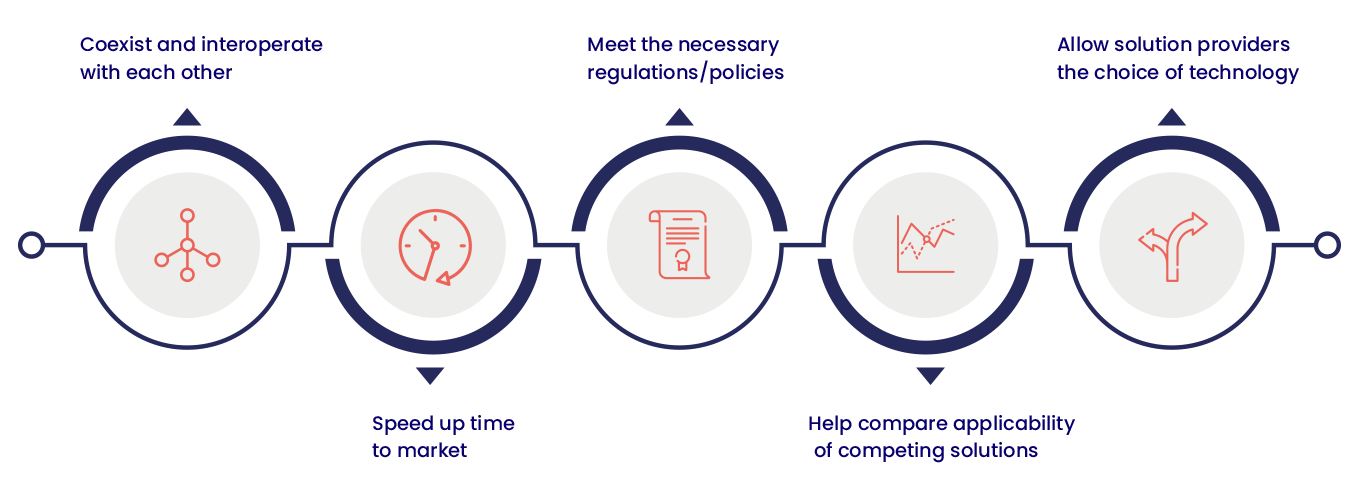
Stakeholders

Government Organization including National, State, Urban Local Bodies, Parastatals or any other government agencies
Helps government in implementing data driven governance and improved policy implementations.

Industry including - Software, Hardware vendors and system Integrators, Application Developers, Solution Providers or any other service providers
Helps in gaining larger market opportunity and lower cost of development because of standardized interface.

Academia
Helps in providing evidence based research and analysis on the urban governance ecosystem

Civil Society Organization
Improved access to services and accountability for vulnerable communities

Citizens
Improved delivery of government services and increased transparency, accountability, inclusivity and user experience.
Associated Agencies
Work with us
The Centre for Digital Governance is constituting Expert Groups for specific domains, who will be responsible for designing the draft Knowledge and Technology Standards. We invite participation from experts, practitioners and professionals from civil society, industry, academia, city administrators working in urban governance to contribute as experts. This includes an engagement of approximately 15-20 hours each month towards the creation of standards and related activities. We invite you to participate in the formulation of Municipal Governance Standards to bring transformation in urban governance.
Connect



